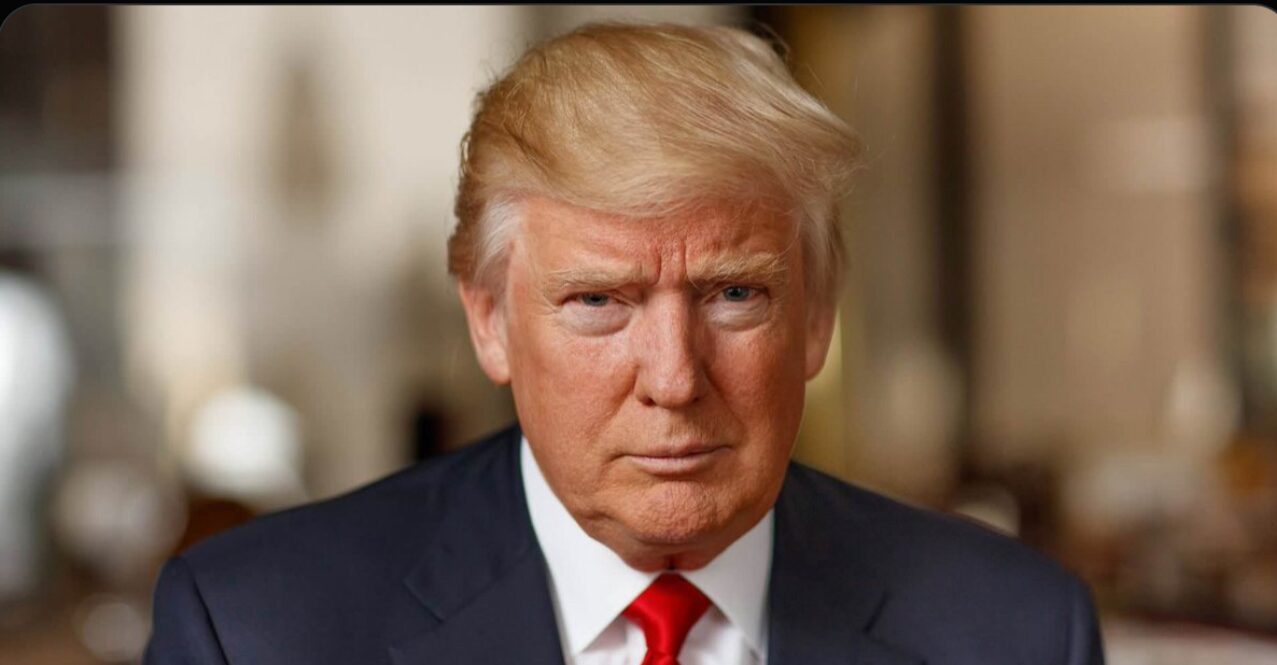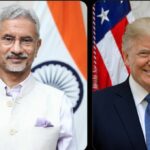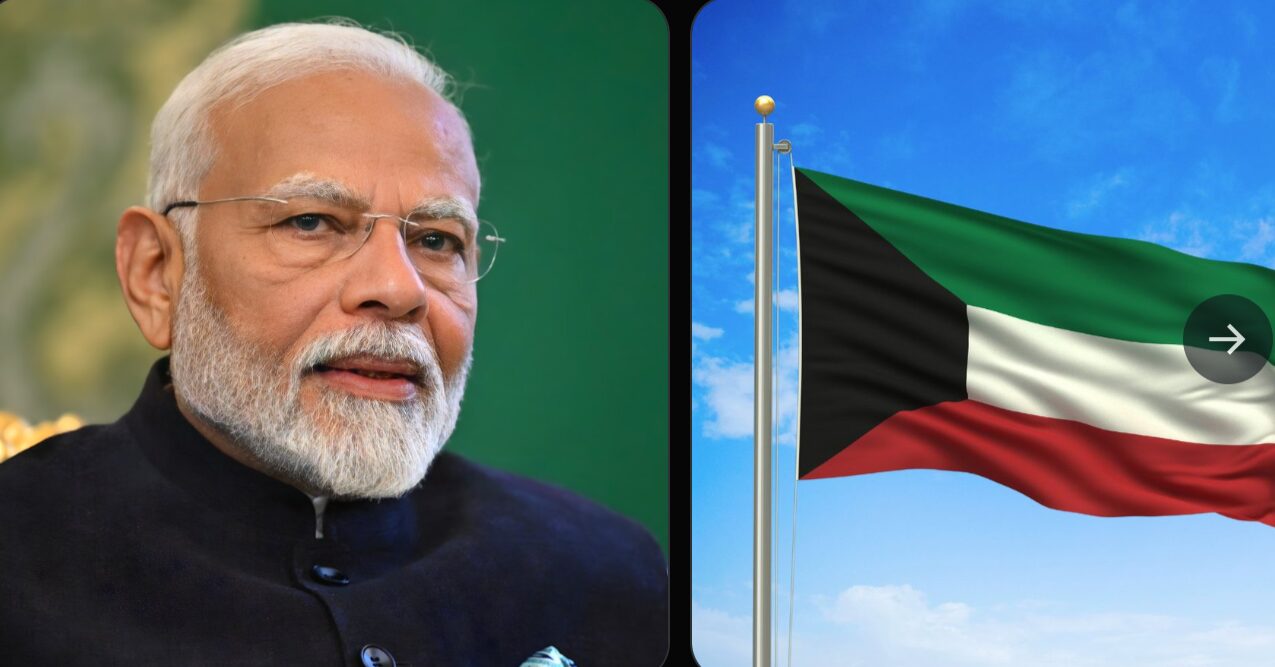President Trump says he is considering a trip to the Middle East
Former President Donald Trump has announced that he is considering a trip to the Middle East, sparking significant interest and speculation regarding the timing and purpose of such a visit. In recent remarks, Trump indicated that his potential visit would be aimed at strengthening ties with key allies in the region, focusing on issues related to security, diplomacy, and economic cooperation. While details of the trip remain scarce, the announcement has already prompted a flurry of reactions from both domestic and international observers, with many eager to understand how such a visit might shape U.S. foreign policy and the broader geopolitical landscape.
The Middle East has long been a focal point for U.S. diplomacy, with the region playing a crucial role in global security, energy markets, and international relations. Trump’s possible trip is expected to bring attention to several key issues, including the ongoing conflicts in Syria, Iraq, and Afghanistan, as well as the U.S.’s relationships with prominent Middle Eastern powers such as Saudi Arabia, Israel, and the United Arab Emirates (UAE). As tensions continue to simmer in the region, Trump’s proposed visit has the potential to influence the course of diplomacy and international cooperation moving forward.
Trump’s Middle East Policy Legacy
For those familiar with Trump’s foreign policy during his presidency, his proposed trip to the Middle East will likely be seen as an extension of his administration’s efforts to reshape U.S. relations with the region. During his time in office, Trump pursued a more transactional approach to foreign policy, seeking to foster closer ties with allies in the Middle East while taking a hardline stance on adversaries such as Iran.
One of the most notable achievements of Trump’s tenure in the Middle East was the Abraham Accords, a series of normalization agreements brokered by the U.S. between Israel and several Arab nations, including the UAE, Bahrain, and Sudan. These accords marked a historic breakthrough in Middle Eastern diplomacy, as they paved the way for greater cooperation between Israel and its Arab neighbors. Trump’s administration also took a firm stance against Iran, implementing stringent sanctions and pursuing a “maximum pressure” campaign to curb the country’s nuclear ambitions and regional influence.
Trump’s “America First” doctrine, which prioritized U.S. interests in global affairs, was also evident in his approach to the Middle East. He advocated for a reduction in U.S. military involvement in the region, leading to the withdrawal of American troops from places like Syria and Afghanistan. While his policy was met with mixed reactions, it signaled a shift toward prioritizing American resources and focusing on domestic issues.
Given these past actions, many expect Trump’s potential trip to the Middle East to focus on continuing his efforts to strengthen alliances, expand economic ties, and address security challenges in the region. It remains to be seen how his visit might be received by both U.S. allies and adversaries in the Middle East, particularly in light of changing dynamics since his departure from office.
The Geopolitical Context of a Trump Visit
As the political and security landscape in the Middle East continues to evolve, Trump’s visit could have a significant impact on the region’s diplomatic environment. Several key issues are likely to shape the focus of his discussions, including the ongoing tensions between Israel and the Palestinians, the Iranian nuclear deal, and the role of the U.S. in stabilizing conflict zones such as Syria and Yemen.
Israel remains a central point of U.S. engagement in the Middle East, and any visit by Trump is likely to involve discussions on strengthening the U.S.-Israel relationship. Trump’s close ties with Israeli Prime Minister Benjamin Netanyahu, as well as his administration’s decision to move the U.S. embassy to Jerusalem, solidified his position as a strong ally of Israel. A potential trip could provide an opportunity for Trump to reaffirm his support for Israel and its security concerns, especially amid rising tensions with Iran and other regional threats.
Another critical issue on the agenda for Trump’s potential visit would be the Iranian nuclear program. While the Biden administration has taken a different approach to Iran, seeking to re-enter the Joint Comprehensive Plan of Action (JCPOA), Trump’s policies during his presidency were characterized by his decision to withdraw from the nuclear deal and impose harsh sanctions on Iran. His return to the region could prompt renewed discussions on Iran’s nuclear ambitions and its regional influence, particularly in countries like Iraq, Syria, and Lebanon.
Trump’s visit could also have significant implications for the U.S.’s military presence in the region. While Trump advocated for reducing U.S. troop deployments in the Middle East, the ongoing instability in places like Afghanistan, Iraq, and Syria means that the U.S. continues to maintain a strategic presence. A trip to the region could allow Trump to reaffirm his stance on military engagement, potentially signaling future shifts in U.S. military strategy.
The Potential Impact on U.S. Relations with Key Middle Eastern Allies
Trump’s potential trip to the Middle East would be closely watched by key U.S. allies in the region, including Saudi Arabia, the UAE, and Egypt. Throughout his presidency, Trump cultivated strong relationships with these nations, particularly in the context of countering Iran’s influence and advancing economic partnerships.
Saudi Arabia, in particular, was a focal point of Trump’s Middle Eastern diplomacy. Under his administration, the U.S. signed multibillion-dollar arms deals with Saudi Arabia and supported the kingdom’s efforts in the ongoing conflict in Yemen. However, Trump’s relationship with Saudi Crown Prince Mohammed bin Salman (MBS) was not without controversy, particularly following the 2018 assassination of journalist Jamal Khashoggi. If Trump decides to visit Saudi Arabia, it could signify a renewal of his commitment to the U.S.-Saudi alliance and offer an opportunity to discuss key issues, such as oil production, counterterrorism, and security cooperation.
The UAE, which played a key role in the Abraham Accords, would also likely be a central destination for Trump’s visit. Trump’s administration was instrumental in facilitating the normalization of relations between the UAE and Israel, and the U.S. has enjoyed growing economic and strategic ties with the Gulf nation. A trip to the UAE would likely focus on bolstering trade relations, addressing regional security concerns, and continuing the push for greater Arab-Israeli cooperation.
Egypt, another key U.S. ally in the region, would also be an important stop for Trump. The U.S. has long maintained a strong partnership with Egypt, particularly in the areas of counterterrorism and regional stability. A visit to Cairo could allow Trump to reinforce his commitment to Egypt’s security and discuss key regional issues, such as the situation in Libya and the ongoing conflict in Sudan.
What’s Next for Trump’s Middle East Trip?
At this stage, the details of President Trump’s potential trip to the Middle East remain unclear, and much of the speculation surrounding the visit will depend on the political climate in the region and the former president’s schedule. Should the trip go ahead, it would undoubtedly have significant implications for U.S. foreign policy and the broader geopolitical dynamics in the Middle East.
For Trump, the visit could serve as an opportunity to reassert his influence in the region and to demonstrate his ongoing commitment to strengthening U.S. relationships with key allies. The trip would also be an important moment for Trump to discuss critical issues such as security, trade, and regional stability, providing a platform for him to engage with leaders in a region that has long been a cornerstone of U.S. foreign policy.
As Trump weighs the possibility of traveling to the Middle East, the world will be watching closely to see how his visit could shape the future of U.S. diplomacy in the region and what impact it may have on the broader geopolitical landscape. Whether or not the trip happens, it underscores the continued importance of the Middle East in U.S. foreign relations and the ongoing challenges that the region faces.

















Post Comment